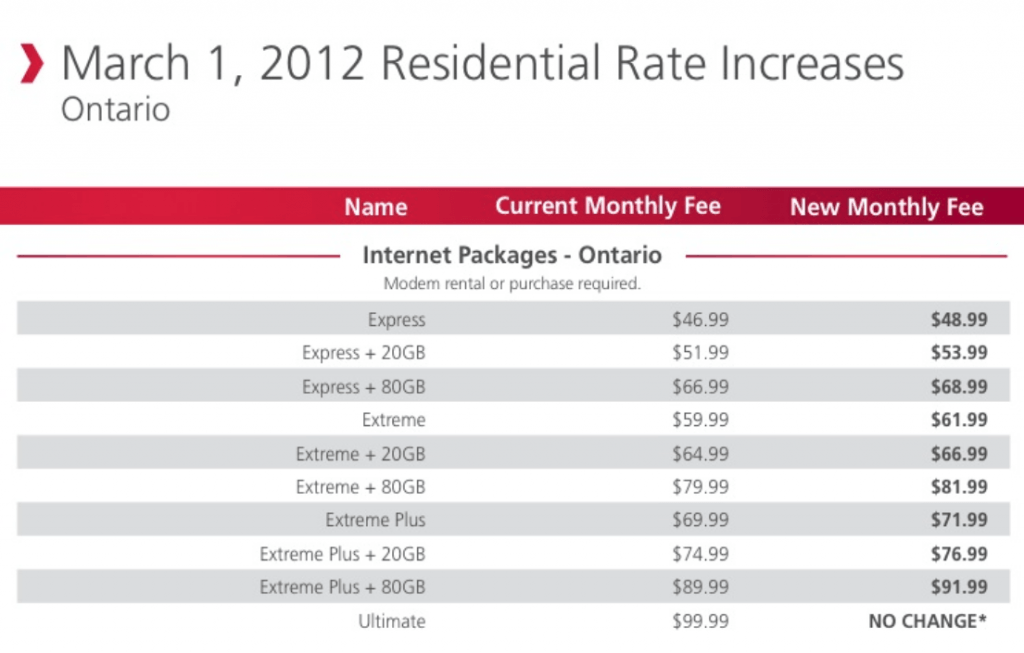 Bell this week brought out its saber collection for a little rattling in Ottawa over the Canadian government’s consideration of a plan to set aside certain mobile spectrum for new competitors.
Bell this week brought out its saber collection for a little rattling in Ottawa over the Canadian government’s consideration of a plan to set aside certain mobile spectrum for new competitors.
A mobile spectrum auction, expected later this year, will increase the number of 700Mhz frequencies available for wireless communications.
Some of Canada’s largest cell phone companies are well-positioned to outbid the competition, but not if Industry Canada decides it needs to set aside some of the frequencies for an auction among smaller competitors.
BCE, Inc., the parent company of Bell, has little regard for that plan and has now joined Rogers in a lobbying effort for an “open and transparent” sale, which effectively means the highest bidder takes all.
If Canada doesn’t follow Bell’s advice, the company is threatening to withhold advanced mobile Internet services in Canada’s lesser-populated regions.
 “An auction for this spectrum that isn’t open and transparent would limit the amount of spectrum available to Bell, forcing a focus on more densely populated centers in order for Bell to compete with new carriers,” the company said in a news release.
“An auction for this spectrum that isn’t open and transparent would limit the amount of spectrum available to Bell, forcing a focus on more densely populated centers in order for Bell to compete with new carriers,” the company said in a news release.
In response, Wind Mobile, one of the newest entrants in the Canadian mobile market, said it would sit out of a spectrum auction that favored deep-pocketed incumbents with winner-take-all rules. In short, it could not afford the prices players like Rogers and Bell will be able to bid for the new frequencies.
Industry Minister Christian Paradis was unwilling to set an exact date or format for the 700MHz spectrum auctions. Observers suspect if he waits much longer, the auction won’t take place until 2013.
Just three major wireless companies — Bell, Rogers, and Telus, control 94 percent of the Canadian wireless market.


 Subscribe
Subscribe








